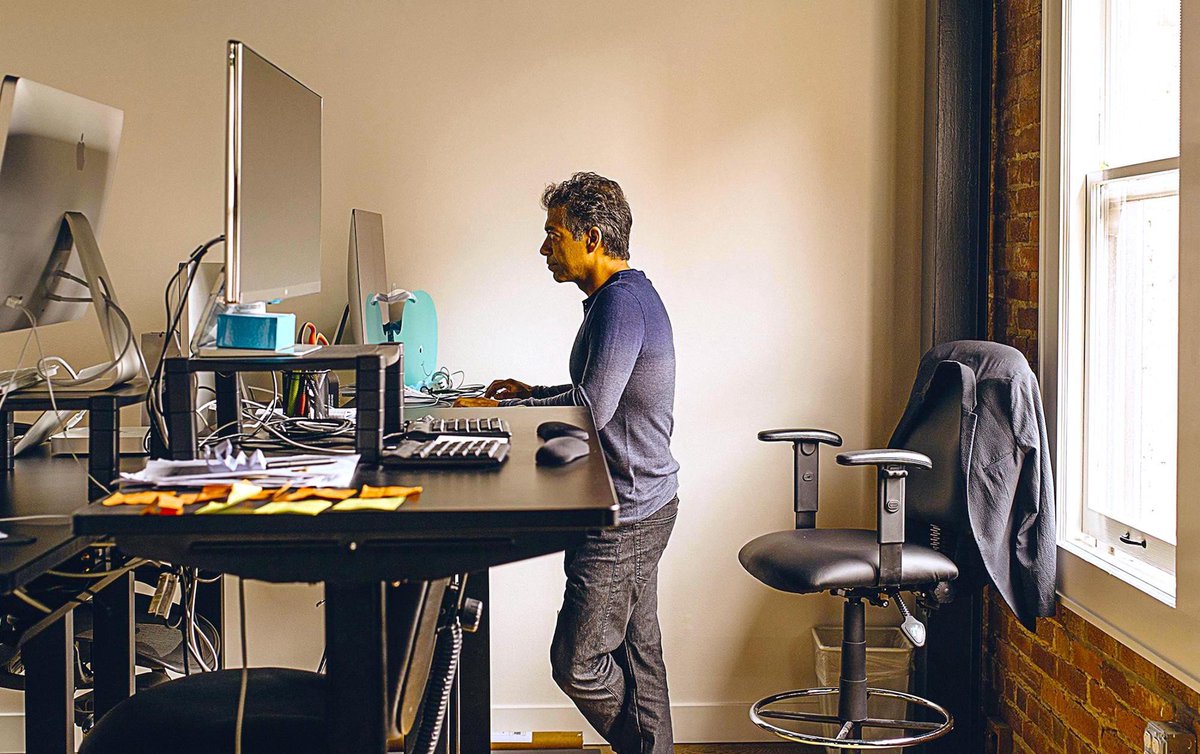
Typical reader question:
“I have money in the bank that I don’t know what to do with. I have never invested in stocks before. Where do I begin?”
I'm not a financial advisor but I can relate. You want to compound your capital but also be prudent and not gamble. Here is my advice
“I have money in the bank that I don’t know what to do with. I have never invested in stocks before. Where do I begin?”
I'm not a financial advisor but I can relate. You want to compound your capital but also be prudent and not gamble. Here is my advice
Some general advice:
• Diversify broadly. If you don't know what you're doing, just buy everything.
• Avoid leverage. Ruin kills compounding.
• Make contrarian bets. Buy before others do.
• Focus on long-term value. The long-term is easier to predict than the short-term.
• Diversify broadly. If you don't know what you're doing, just buy everything.
• Avoid leverage. Ruin kills compounding.
• Make contrarian bets. Buy before others do.
• Focus on long-term value. The long-term is easier to predict than the short-term.
1. First invest in freehold property with leverage
Most people who buy property do well because:
• True underlying inflation is probably 3%+
• You can use 5x leverage if not more
That causes the return on your initial housing deposit to reach double-digits. Hard to beat.
Most people who buy property do well because:
• True underlying inflation is probably 3%+
• You can use 5x leverage if not more
That causes the return on your initial housing deposit to reach double-digits. Hard to beat.
2. Set up an online brokerage account
I like Interactive Brokers and Saxo Bank for developed markets. For Asian EM, I recommend Boom Securities (HK) or Monex (Japan). Decent execution, market access, low commissions.
For EM, don't overtrade. Transaction costs can be very high.
I like Interactive Brokers and Saxo Bank for developed markets. For Asian EM, I recommend Boom Securities (HK) or Monex (Japan). Decent execution, market access, low commissions.
For EM, don't overtrade. Transaction costs can be very high.
3. Diversify broadly
Across:
• Property (including your own house)
• Equities: Equal-weighted ETFs
• Cash / bonds: Gov bonds or corporate bonds, especially if near retirement but money loser otherwise
• Commodities: True commodity funds or commodity producer equities.
Across:
• Property (including your own house)
• Equities: Equal-weighted ETFs
• Cash / bonds: Gov bonds or corporate bonds, especially if near retirement but money loser otherwise
• Commodities: True commodity funds or commodity producer equities.
4. If you have an interest in stock speculation, experiment with small money.
Your edge is as a consumer. Possible criteria:
• Product is unique / faces no competition
• Still potential to double in size
• PE below 20x
• Low debt
• Not popular among friends
Your edge is as a consumer. Possible criteria:
• Product is unique / faces no competition
• Still potential to double in size
• PE below 20x
• Low debt
• Not popular among friends
5. Check your portfolio a maximum 4x per year
If you over-trade, you lose both commission money and panic out of positions. Just read earnings results 4x per year then form a view of whether fundamentals are improving or deteriorating. If the latter, you might want to get out.
If you over-trade, you lose both commission money and panic out of positions. Just read earnings results 4x per year then form a view of whether fundamentals are improving or deteriorating. If the latter, you might want to get out.
• • •
Missing some Tweet in this thread? You can try to
force a refresh



